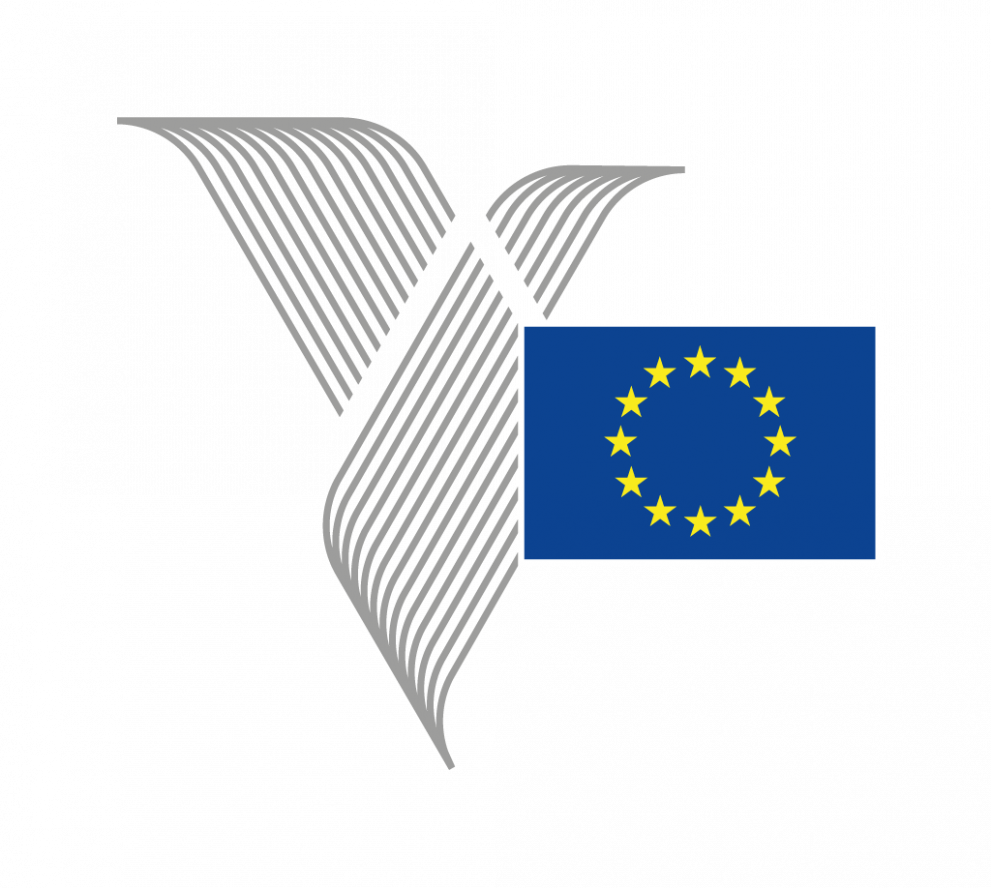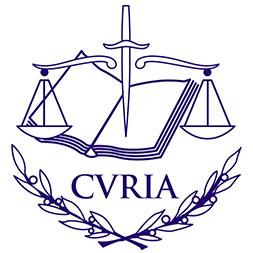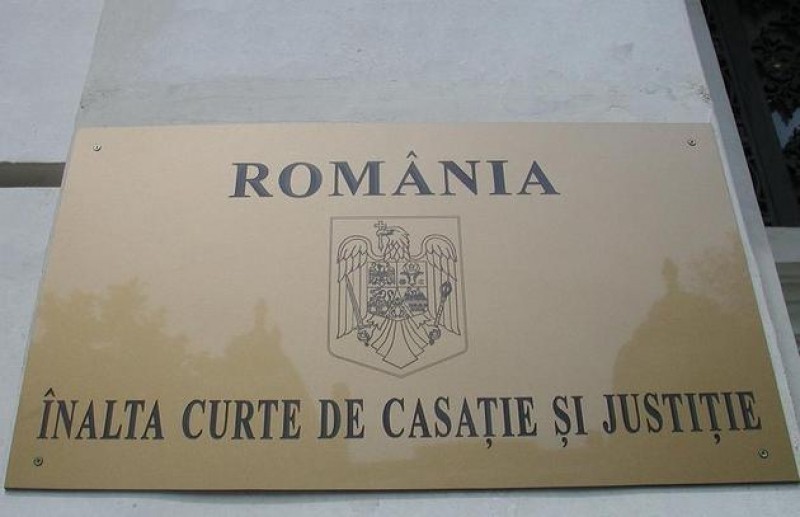Accountability for Maladministration in Common Security and Defence Policy Missions
The European Ombudsman conducted an own-initiative inquiry, designated as OI/12/2010/(BEH)MMN, to address the issue of accountability for maladministration in the activities of civilian and military missions within the framework of the Common Security and Defence Policy (CSDP). This inquiry aimed to clarify which institution or body would be responsible for addressing instances of maladministration.
The Commission, in its response, highlighted that its supervisory role is limited to budget implementation and sound financial management of civilian missions exclusively. Therefore, it argued that it cannot be held accountable beyond this specific area. On the other hand, the Council claimed that it lacked competence in this matter and suggested that the High Representative should handle such issues. The High Representative, in turn, argued that the CSDP missions themselves cannot be held accountable due to various reasons, including their lack of legal personality. Additionally, she stated that she cannot be held legally responsible since the missions do not fall under her authority, unlike EU delegations.
However, the High Representative acknowledged her responsibility to take note of individual complaints lodged with the Ombudsman, to request relevant departments of the institutions to address them, and to provide the Ombudsman with the necessary responses. Despite these responses, the Ombudsman found the institutions’ replies insufficient in dispelling the uncertainties surrounding accountability for maladministration.
The Ombudsman firmly rejected the proposition that no EU institution should be held accountable for maladministration. However, the Ombudsman appreciated the pragmatic and constructive offer made by the High Representative to find a solution to this problem. Consequently, the Ombudsman decided that for future inquiries, he would address the Commission regarding issues related to budget implementation in civilian missions and the High Representative/EEAS for all other allegations of maladministration concerning CSDP missions.
The Ombudsman believed that these arrangements would ensure the effectiveness of the fundamental right to complain to the Ombudsman, as outlined in Article 43 of the Charter of Fundamental Rights. However, it was uncertain whether these arrangements would be sufficient to guarantee the fundamental right to good administration, as stated in Article 41 of the Charter. If it became evident that these arrangements did not work satisfactorily in upholding either right, the Ombudsman expressed his obligation to revisit the matter.
In conclusion, the European Ombudsman’s own-initiative inquiry aimed to establish accountability for maladministration in the activities of civilian and military missions under the CSDP. While the Commission limited its supervisory role to budget implementation, the Council claimed incompetence, and the High Representative emphasized her lack of legal responsibility. The Ombudsman, however, deemed it necessary to hold EU institutions accountable for maladministration. As a result, the Ombudsman decided to address the Commission and the High Representative/EEAS for specific aspects of maladministration in future inquiries.
Source: European Ombudsman, https://www.ombudsman.europa.eu


